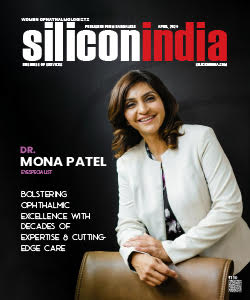A Method To Detect Oral Cancers
WASHINGTON: Researchers, led by Indian origin scientist Ravindra Uppaluri, from Washington University School of Medicine in St. Louis have found a way to predict the aggressiveness of oral tumours in people.
The discovery would soon lead to an easily available diagnostic test that could guide treatment, according to researchers. Working on mice, the investigators found a consistent pattern of gene expression associated with tumour spreading in mice.
Analysing genetic data from human oral cancer samples, they also found this gene signature in people with aggressive metastatic tumours. "We didn't automatically assume this mouse model would be relevant to human oral cancer," said Uppaluri. "But it turns out to be highly reflective of the disease in people," he added.
Rather than use genetic methods to induce tumours in the mice, the research team repeatedly applied a known carcinogen, in much the same way humans develop cancer of the mouth. "Patients often have a history of tobacco and alcohol use, which drive the development of these tumours," Uppaluri added.
"We felt that exposing the mice to a carcinogen would be more likely to produce similar kinds of tumours." Uppaluri's team then set out to find out whether the mouse and human tumours also were genetically similar. "When we sequenced these tumours, we found that a lot of the genetic mutations present in the mouse tumours also were found in human head and neck cancers," he said.
Further analysis identified a common signature in the expression of about 120 genes that was associated with the more aggressive tumours, whether in mice or people. The researchers confirmed this signature using data collected from 324 human patients.
Subsequently, using oral cancer samples from patients treated at Washington University, they developed a proof of concept test from their signature that identified the aggressive tumours with about 93 percent accuracy. "These kinds of tests are available for other types of cancer, most notably breast cancer," he said.
"They are transformative genetic tests that can alter the clinical management of patients, tailoring therapies especially for them. It's our goal to develop something like that for head and neck cancer," he said. The study was published in the journal Clinical Cancer Research.
Read More: Merc Launches 'Edtion 1' Versions Of Its Hatchbacks


.jpg)


.jpg)